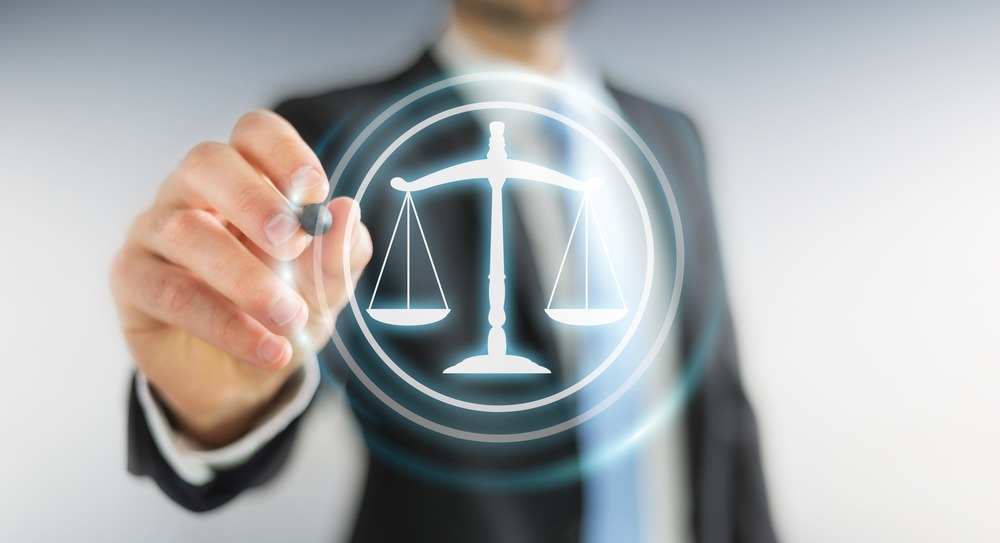
Jump To:
The idea behind Good Samaritan’s laws is to encourage people to help others who are experiencing medical emergencies without fear of a lawsuit from the people they tried to help. These laws can protect parties from liability in some cases.
The elements of Good Samaritan’s laws usually include:
- That you are helping someone without requiring or asking for a fee;
- That you are not committing gross negligence or misconduct; and
- That you are acting in good faith.
In some states, Good Samaritan’s laws may protect care providers from liability if you are in a non-medical facility. For help determining if your caretaker can be liable for medical malpractice, contact Newsome | Melton at 1-855-MED-ASKS today. We can determine if you have a viable case during a free consultation.
Do Good Samaritan’s Laws Shield Non-Medical Facilities From Liability?
If you experienced a medical emergency in a non-medical facility and a bystander rendered aid that ended up harming you, whether or not you can hold them liable for compensatory damages will depend on where you live and what happened in your case. This is because state Good Samaritan’s laws vary across the country. In some states, if a bystander is not a medical professional, they have no protection under these laws. In other states, like Minnesota and Vermont, a bystander could face legal action for failing to step in and help injured people in a medical emergency.
If you are in Arizona, for example, the state law protects health care providers and others who render emergency care in good faith. If someone was grossly negligent when they offered you assistance, however, they may be responsible for any damage they caused in the process. If you live in Michigan, only health care professionals get the protection of the law. If someone outside of the health care field caused additional injuries or worsened your existing trauma, they could be responsible. In Oklahoma, bystanders only have limited immunity for trying to perform CPR or attempting to stop bleeding, but not for other acts.
Do Good Samaritan’s Laws Affect Whether I Can Sue Health Care Professionals for Malpractice?
Many of the original state Good Samaritan’s statutes came about because doctors and other health care professionals did not render emergency medical assistance outside of medical facilities, out of fear of medical malpractice lawsuits.
Under many Good Samaritan’s statutes, a health care professional can stop to help an injured person without having to worry about a lawsuit down the road, as long as the medical worker did not charge for the services they rendered, acted in good faith, and was not guilty of gross negligence. For example, imagine a physician stops to help a pedestrian who has fallen in a restaurant. If that physician was under the influence of alcohol and ended up causing further injuries for the pedestrian, they could be liable for their resulting damages.
In this case, a Good Samaritan’s law would not shield the physician from a lawsuit, because they acted in gross negligence. Gross negligence must go above and beyond an unsuccessful attempt to render aid.
Our attorneys can investigate your accident and injuries to determine if a bystander in a non-medical facility acted with gross negligence in your case. If so, we will help you determine if you qualify for compensation for your medical bills, lost wages, and pain and suffering.
Do Good Samaritan’s Laws Apply to Reporting Drug Overdoses?
Some people have faced criminal prosecution after calling 911 to seek emergency medical treatment for a friend or acquaintance who has overdosed on drugs. As a result of these cases, people are often afraid to get lifesaving medical care for people who have overdosed.
Consistent with the theme of other Good Samaritan’s laws, which encourage people to take action to help others and not to let them die out of fear of liability, many states have laws that protect people who report or seek emergency medical care for people who have overdosed.
Newsome | Melton Can Help You Understand How Good Samaritan’s Laws May Impact Your Case.
At Newsome | Melton, we understand the Good Samaritan’s laws because we help victims of medical malpractice. We will analyze the applicable law and help you determine whether you have a case.
Legal Information - News Articles

The Law of Medical Malpractice in Kentucky: A Survey of Basic Considerations This article provides an overview of Kentucky medical malpractice law. The Bluegrass State generally treats malpractice claims the same as other types of negligence claims, with a few important exceptions. Kentucky lawmakers have been deterred from placing a statutory maximum limit on monetary
Read More
Last week, Florida’s House of Representatives approved a business-backed bill that will shift the state’s test for the admissibility of expert witness testimony from the Frye standard to the Daubert standard. Approximately 28 other states and the federal courts use this tougher standard, which critics say would pose a challenge for patients who pursue medical
Read More